If Star Trek, Then Stargate SG-1
We’re boldly going to go there.

What do you love about your favorite series?
I know. It’s an unfair question considering that different shows make us feel different ways—all of which are good! But whether you like to solve a complex mystery, enjoy a good cry, or crave a laugh-out-loud comedy, there’s got to be the one genre that you lean towards more than others. No? Well, I do. I lean in hard when it comes to science fiction.
Hey, if you know. You know.
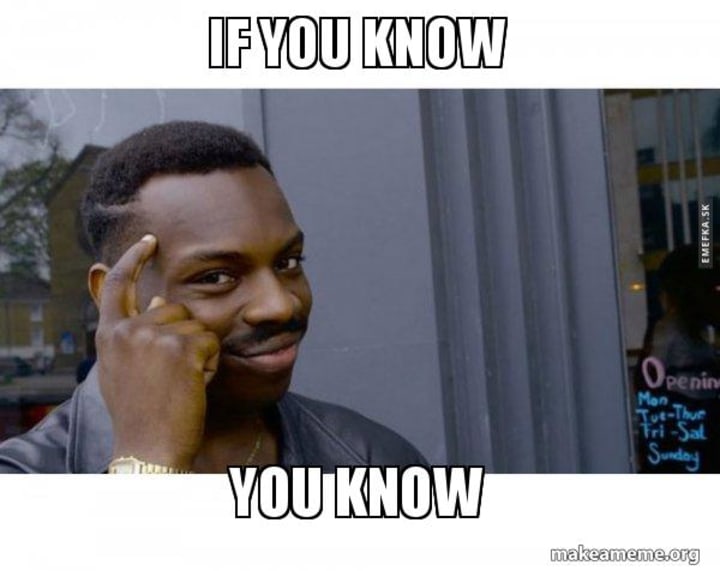
Science fiction (sci-fi) has taken on broad meaning in 2021. Almost anything with aliens, zombies, time-travel, and magic (although I would argue magic is more fantasy) falls within the sci-fi realm. And there’s a lot of sci-fi out there. But there was a time when we sci-fi lovers had to hide in the closet. It was considered too geeky to like. Pre The Big Bang Theory, admitting that you loved sci-fi would land you in a dangerous classification in the high school hierarchy and in life.
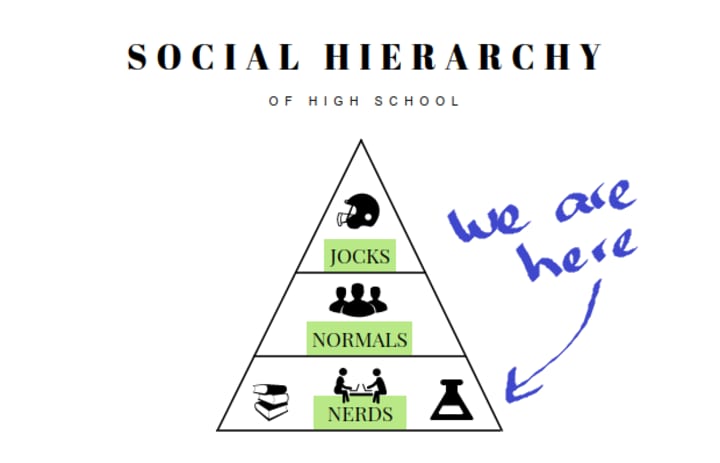
If you’re like me, you love sci-fi because it’s a genre that applauds innovation and discovery. Sci-fi opens up our imagination to possibilities, not just those that could exist throughout the universe but also in understanding human potential. Classic science fiction explores the unknown by leveraging science to explain and expand our horizons. You’ve got to admit, that’s pretty cool.
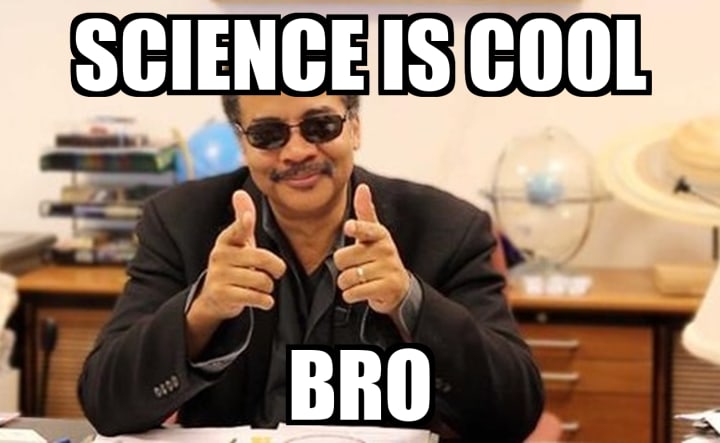
The Star Trek franchise was my first real and consistent foray into sci-fi. Specifically, I was a The Next Generation fan, you know, Captain Picard and his crew. Now, if you’re familiar with TNG then there are certain truths we hold self-evident:
- The show isn’t winning any awards for its acting. Except for one or two individuals, most of the acting is actually…bad.
- The CGI is basic given what we’re used to seeing today. There definitely isn’t any eye-candy to be had here.
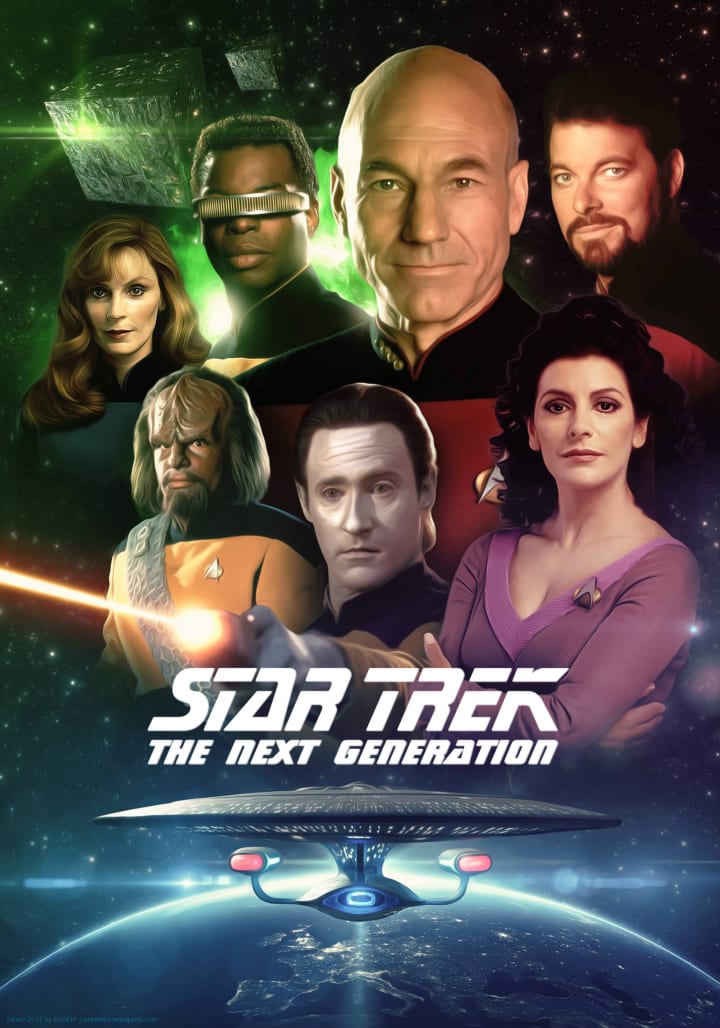
With these two obvious points out of the way, if you’re watching Star Trek, then it’s because you’ve got a curious mind. You’re willing to explore the outer limits of your scientific knowledge (or lack of it) to join a journey into what if.
- What if humankind could get over its hubris and come together in harmony? What would that world look like?
- What if we had the means to explore the galaxy? Who and what would we meet?
- How do we use good ol’ human ingenuity to get out of the most unimaginable challenges?
- What situations would force us to question our most fundamental moral values? Do we stay true to what we know or abandon them in the search for something else?
The Star Trek franchise has lasted as long as it has, thanks to the basic idea that its stories are only limited by our imagination. I like that premise because it’s something we want to believe in real-life—that only our imagination limits our potential (institutional bias notwithstanding).
There are multiple spin-offs within the Trek universe, including The Original Series, The Next Generation, Deep Space Nine, Voyager (another one of my favs), Enterprise, and Discovery. However, I want to take a minute to applaud the newest spin-off, Picard, for doing an incredible job integrating diversity into the storyline. Star Trek: Picard is everything the franchise stands for. Great storytelling, good acting, and superb graphics. It also fills in the awkward sociological holes which never made much sense in previous shows by acknowledging diverse cultures and the people who make up humanity. From recognizing Spanish, Arab, and Chinese explorers of the 20th century—and thereby naming starships after them, to seamlessly introducing LGBTQ characters into the storyline, Picard tosses out the notion that humanity needs to achieve cookie-cutter perfection before venturing into the unknown. It’s refreshing.
Now that we’ve cemented our self-proclaimed Trekkie status. It’s time for my recommendation. Do yourself a favor and watch Stargate SG-1 as well as any subsequent movies and spins-offs.
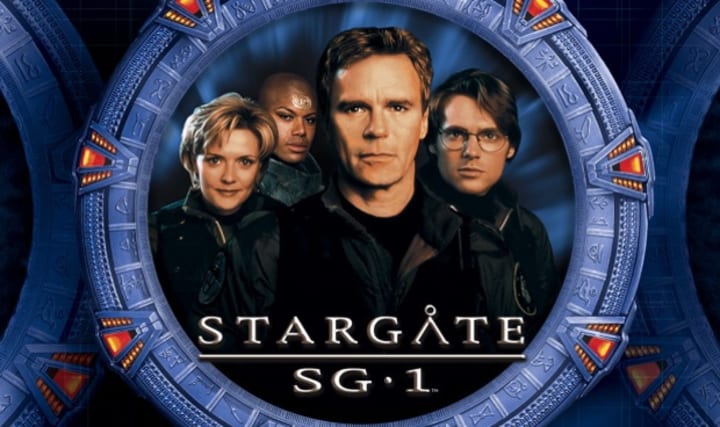
Here’s the deal: Stargate SG-1, based on the 1994 movie Stargate, is about a band of explorers who travel to other planets through a large ring-shaped device known as the Stargate. The Stargate is one of the thousands found on planets across multiple galaxies and was built by an ancient race of advanced aliens.
The difference between the Stargate and the Star Trek universes is that the Stargate characters are from present-day Earth and didn’t intend to explore the universe. They were forced into using the gate after hostile aliens first came through Earth’s Stargate to enslave all of humanity. Unlike in Star Trek, Stargate's primary mission is to seek advanced alien technologies that could potentially defend Earth from an alien invasion. Yup. It’s awesome.
Stargate incorporates a ton of intelligent science into its storytelling. Wormholes, planetary alignments, and hyperdrive technology—the cosmos is like a playground for its writers and for the science consultants who worked on set to ensure some level of scientific accuracy in the scripts. Also, Stargate’s appeal is that it takes place now and not some far-off perfect future. It’s a flawed universe where U.S. politicians are always trying to take over control of Stargate Command (a division of the military), clashes with international governments over control of the gate need to be assuaged, and civilians are always thisclose to uncovering the truth about the gate’s existence. The show deals with people’s pride, greed, as well as altruism, all while encountering new civilizations. But like Star Trek, there are some flaws. The most apparent irritation being the colonialist undertones towards new races. Col. Jack O’Neill and the SG-1 team are often beside themselves as they point out the “mistakes” in alien races’ practices and behaviors.
Unconscious bias is real.
Still, the cult-favorite lasted for 10 seasons with two spin-offs: Stargate Atlantis and Stargate Universe and multiple movies. I've watched them all and can't wait for MGM to revive the story.
If you’re a fan of shows that deal with exploration and love seeing humanity depicted as the underdog in the grand scheme of things, then I promise you won’t be disappointed with Stargate SG-1.
And, if you haven’t been a fan of classic sci-fi before, there’s no better time to give it a try.
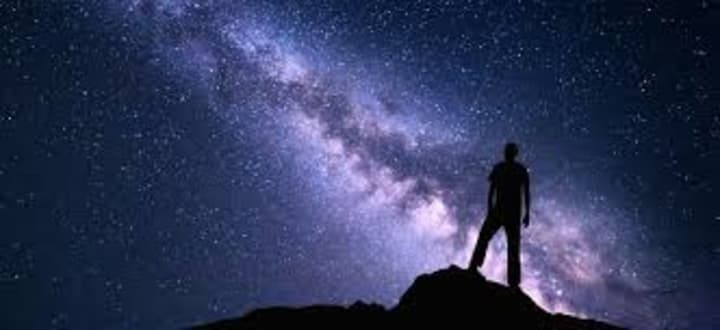






Comments
There are no comments for this story
Be the first to respond and start the conversation.